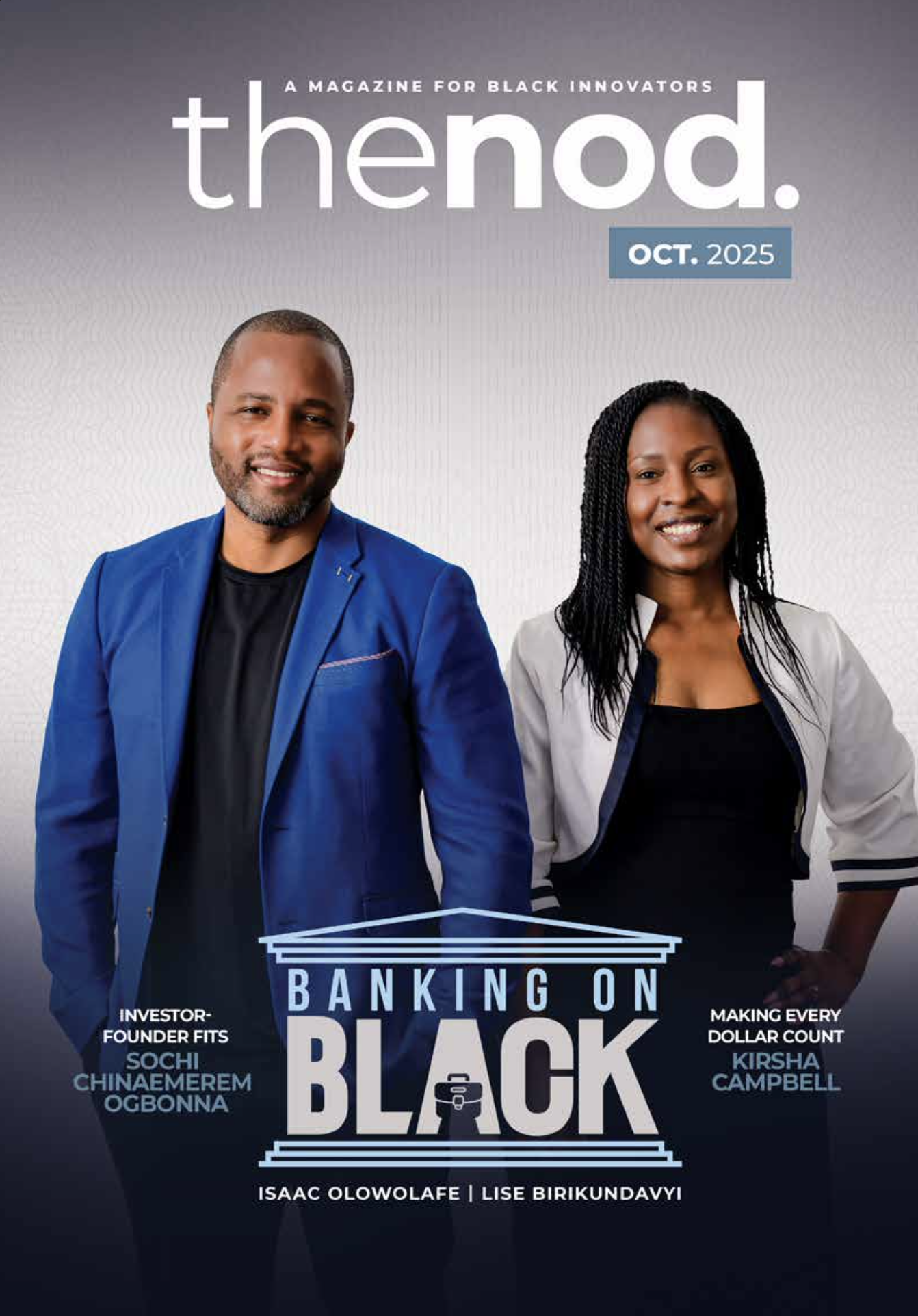Heart, hustle, and heritage are what typically come to mind when people think of Black-owned food businesses. And that’s true. Scaling that passion into a sustainable, revenue-generating brand? That takes a lot more than a killer jollof recipe or the fluffiest puff puff.
Many food entrepreneurs begin with recipes passed down through generations, cooked with love and memories. Scaling requires systems, not just sentiment. Turning a cherished family dish into a retail-ready product involves product testing, standardized measurements, shelf-life assessments, nutritional labelling, and packaging that meets compliance standards.
From Recipe to Revenue
The early-stage hustle can blindside new foodpreneurs. A lot of us underestimate what it takes. The kitchen is one thing, but when you step into the market, you’re now competing with industry giants and tight margins. There’s a persistent myth that if you make something good, customers will show up and money will follow. In reality, food businesses operate on razor-thin margins. Without proper budgeting, staffing, and cash flow planning, things fall apart fast.
And when it’s time to grow, challenges only multiply. Transitioning to large-scale production requires capital; equipment upgrades, larger inventory storage, access to co-packers, or your own commercial space. Many entrepreneurs overlook the need to prepare early by securing investment, financing, or grants. Growth demands foresight.
Branding for Growth
A lot of Black-owned food businesses face visibility gaps, not because they lack quality, but because they lack strategy. Marketing is a lot more than simply posting food pics online and hoping for likes. It is building a brand that informs, entertains, and drives action.
Think of it in three parts:
- Your product is the information
- Your story is the entertainment
- Your engagement is the way you get people to act i.e the call to action.
Every piece of content should serve one of these roles. It’s not enough to exist. People need a reason why they should care.
Branding is also about clarity. What makes your jerk sauce different? Why should someone choose your spice blend over another? Can people recall your name days after meeting you at a pop-up? Good branding ensures they can.
Tech, Tools, and Trends
The right systems can turn a struggling food business into a streamlined machine. Even if you’re a solo founder, tech can help you scale smarter. QuickBooks can track your inventory in real time. Platforms like JustFoodERP help plan production and trace ingredients. Shopify, Amazon, and Etsy integrate easily with tools like ShipStation for seamless order fulfilment.
Trends are great for gaining quick momentum, but the trick isn’t to jump on all of them. You must find what aligns with your operations. What problem are you trying to solve? Then choose tech that helps you solve it efficiently.
Collective purchasing is also gaining popularity. Food entrepreneurs are pooling resources to make bulk purchases and cut overhead costs. It’s a strategy that increases buying power and keeps prices competitive.
Funding the Vision
Positioning your business for growth opens the door to multiple funding paths. Incorporated and for-profit businesses can take advantage of entrepreneurship lending programs from financial institutions. Our partnership with BDC through the Elevate Your Business Acumen program connects entrepreneurs to education, resources, and loan opportunities tailored to the food industry.
Grants are also available, especially for businesses operating as BCorps or social enterprises. But applying successfully takes diligence. Know your numbers, clearly communicate your results, and align with the values of the funders.
The Foodpreneur Lab Impact
We started Foodpreneur Lab to help Black food founders build beyond the kitchen. Too many talented chefs and creators were getting stuck in startup mode. They had the skill, but not the support structure.
Now, we help entrepreneurs map the journey from MVP to market dominance. Whether it’s choosing the right packaging supplier or preparing for a buyer meeting with a grocery chain, we walk alongside founders to reduce the guesswork.
Take the story of one of our members who launched her grandmother’s sauce recipe as a product. With our support, she standardized the recipe, branded it, secured packaging, and landed placement in more than 20 retail stores. It didn’t happen overnight, but it happened with strategy.
The future of Black food entrepreneurship is bright. We see it every day: founders stepping into their power, scaling beyond the stall, and building brands their grandmothers would be proud of. At Foodpreneur Lab, we believe the next generation of Black food founders is feeding our economy. That deserves more than applause. It deserves investment, visibility, and real infrastructure for long-term growth.












